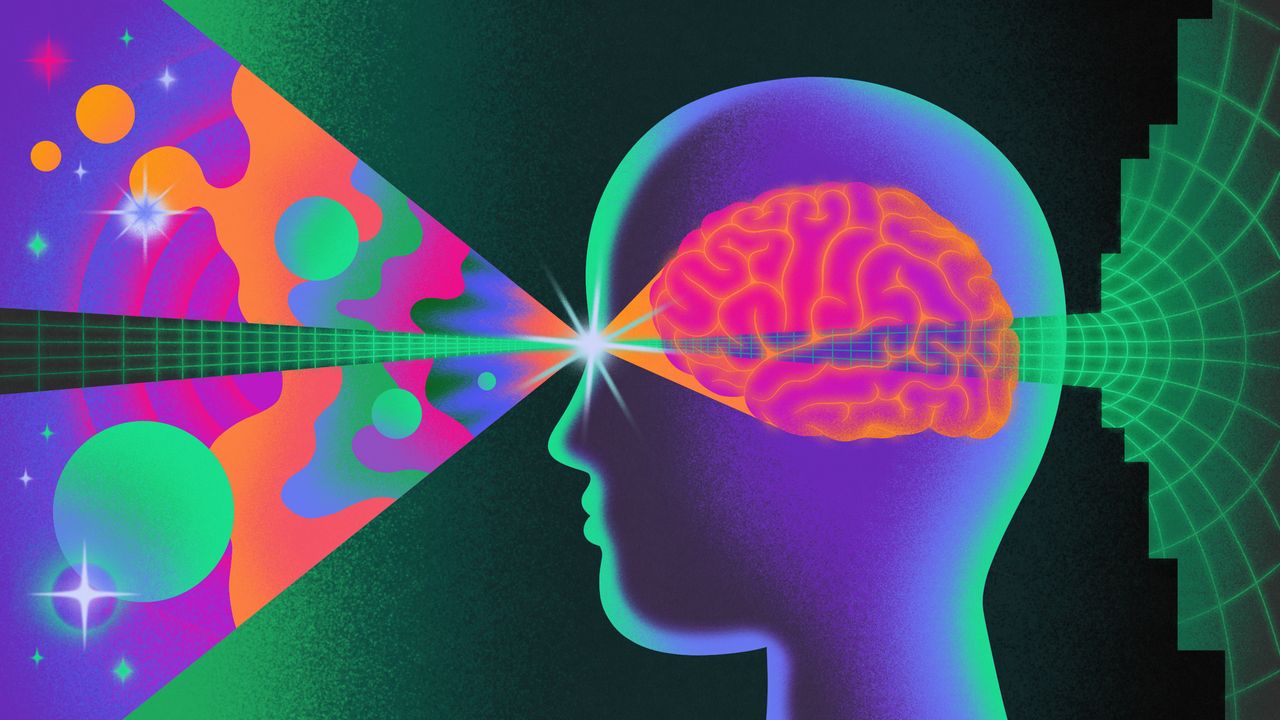The Cognitive Conformity Problem: Why Your AI Strategy Needs a Diversity Framework
The Cognitive Conformity Problem: Why Your AI Strategy Needs a Diversity Framework

At MIT last year, researchers split students into three groups to write essays. One group used only their brains, another had Google Search, and the third used ChatGPT. The results were striking: students using AI showed dramatically reduced brain activity—less creativity, less working memory, and 80% couldn't even quote from essays they'd supposedly written. They felt "no ownership whatsoever" over their work.
But here's what should alarm business leaders more: when asked about what makes us "truly happy," the AI users uniformly focused on career success. On philanthropy questions, they all argued the same side. Meanwhile, the human-only groups produced diverse, sometimes contradictory perspectives. 📊
Cornell's follow-up study revealed the global implications. When American and Indian participants used AI autocomplete tools, their cultural distinctiveness vanished. Both groups converged on pizza as their favorite food and Christmas as their preferred holiday. The AI exerted what researchers called a "hypnotic effect"—like having a teacher constantly whispering "this is the better version" until users lost confidence in their own voice.
This isn't just about writing quality. It's about competitive differentiation in an AI-saturated market. Companies that preserve cognitive diversity while others chase efficiency will own the strategic advantage. The path forward isn't banning AI—it's building intentional friction. Require human-first drafting before AI refinement. Measure whether your outputs maintain distinct voice. Create cross-cultural review processes that resist homogenization.
The most dangerous business risk isn't that AI will fail. It's that it will succeed in making your thinking indistinguishable from everyone else's. 🛡️

Comment, connect and follow for more commentary on product counseling and emerging technologies. 👇


